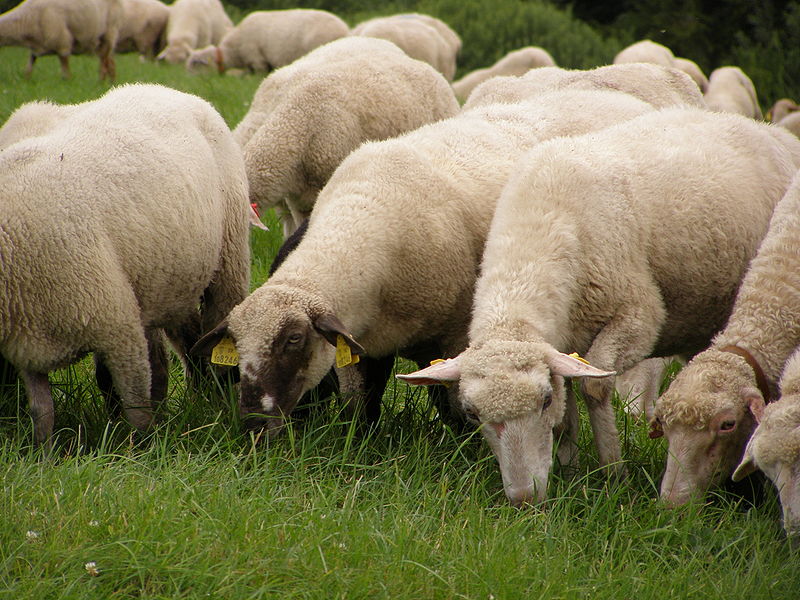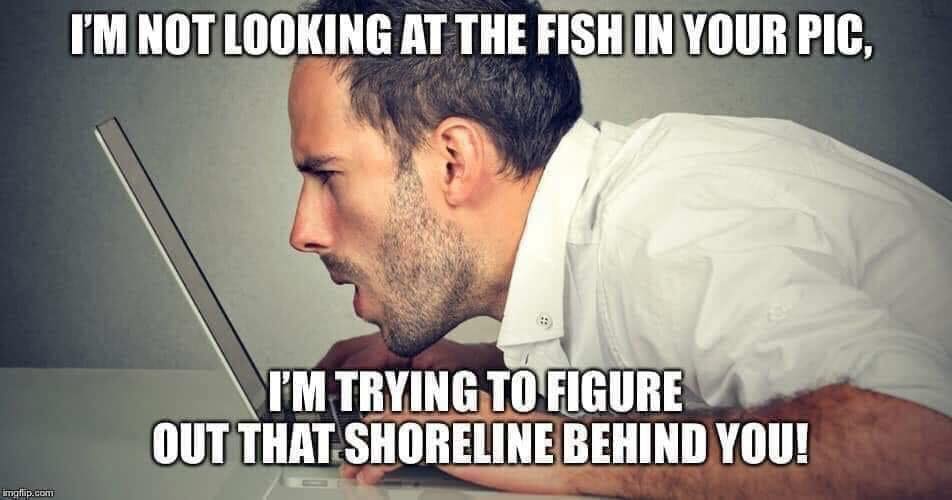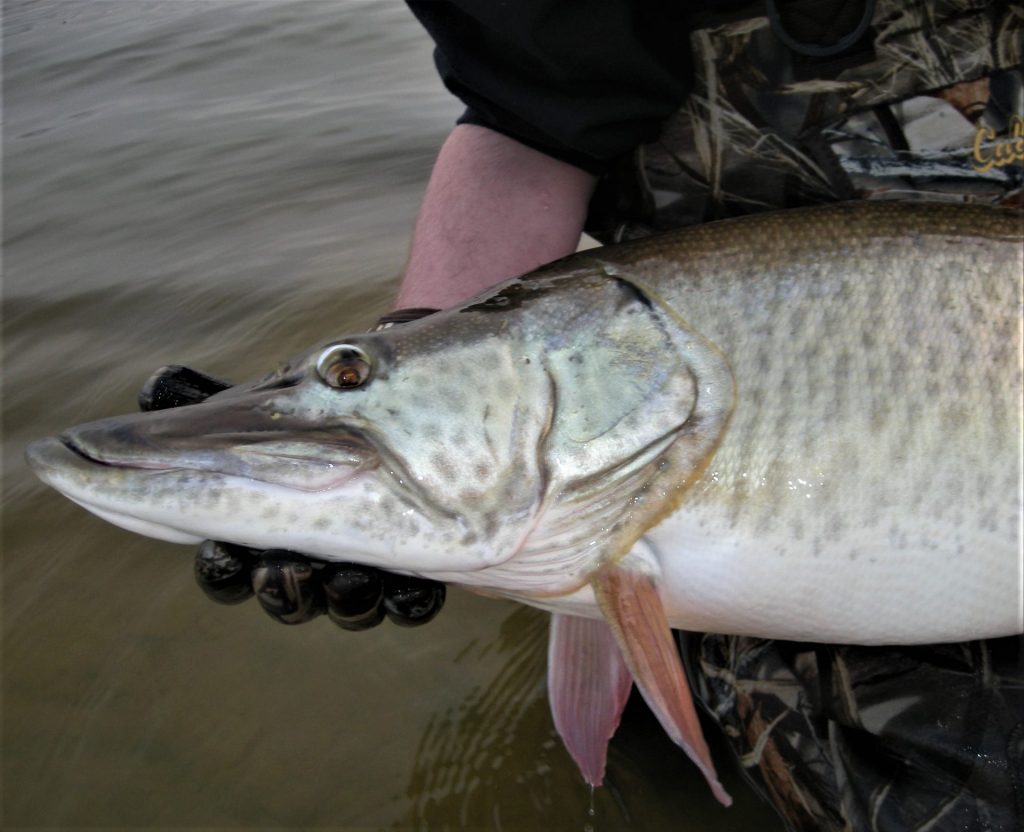I have been a fisherman all my life. Have worked as a professional fisheries biologist for 30-some years now. I have spent a lot of time on the water, and an awful lot of time observing anglers. I have come to a conclusion: By far, most anglers are sheep!

What do I mean by that?
I mean that most anglers follow the herd.
If you have launched on one of our most popular fisheries and found a pack of boats sitting on one spot, you know exactly what I mean. Someone caught a fish, someone else saw them and the next thing you know there are a dozen boats all fishing the same spot.
Now you know why I say that sometimes the worst thing you can do is catch a fish.
If you spend any time on social media you also know about the herd. There is always a ton of “chatter” about the latest fishing reports, who caught what, where, and how? Many of those inquiring are not going fishing or do not know where they are going, until someone tells them. Oh yes, internet scouting is real.
Walk into your favorite sporting goods store and you will see evidence of the herd. The baits that are “front and center”, the ones that are flying off the shelves, are those reported to have been used by some professional angler to win some big-time fishing tournament. Those baits will be marketed in a plethora of colors and the herd will gobble them up.
The herd often gathers around fish-cleaning stations.
Sheep fish the same way they have been and when they cannot catch fish blame something or someone else instead of trying something different. Didn’t someone say something about it being insane to keep doing the same thing and expecting different results?
What is my point? Where am I going?
Well, if you want to become a better angler, if you want to catch more and bigger fish, the first thing you have to do is quit being a sheep.
Never before has so much information and so much technology been available to so many, and so few are able to learn it and apply it. The best anglers are those who have mastered the ability to learn and think for themselves then put it into practice on the waters they fish. My buddy SAM labeled it as a problem-solving skill, and he was exactly right. Do good sticks learn things from other anglers? Sure, but they do not rely on someone else to tell them what to do.
Oh, and the anglers you want to learn from, you will not find them in the herd.
So when you happen to go into a bar and some guy is spouting stories about the numbers he racked up, look back in the corner for the man with a scruffy beard, his mouth shut, looking at bugs on the floor. . . . That is the guy you want to be talking to.–quote I saved from someplace, I believe from Matt Straw in In-Fisherman
The mental side of tournament fishing fascinates me. I would much rather know the thinking and decision-making process that the winners used than what baits, what colors, rods, reels, line, and how they fished them. I have heard that many of the best tournament anglers approach a contest destination with little or no “intelligence” from the locals! Why do they do that? Because they have learned that fresh thinking, that applying their skills and knowledge to a fishing situation will often produce better results than doing what everyone else says. Tournament-winning fish will likely be those that are not being pounded by the herd.
Do I drop a few dollars every time I walk into a tackle shop? Sure, and new baits that hit the market can sucker me in too. But, instead of following the herd and succumbing to mass marketing, learn to think of baits and lures as tools. Use the right tool for the job. Spend your hard-earned money on tools that will work in the situations you fish. By the way, the interwebs are great for finding and purchasing baits that the herd has not discovered.
Where to fish and when? Learn the life cycle, behaviors and habitats of the fish and identify waters that have good populations of those fish. Instead of waiting for the latest “outdoor report”, which is a sure way to learn that you should have been there “yesterday”, diagnose waters that have great potential and the calendar periods which will be prime times. Then, spend as much time as possible on those waters at those times, especially if the herd is not present.
Learn that successful fishing is not taking home a limit. I have made this statement before, will make it again here. . . . You will learn more and catch more big fish when instead of fishing for a limit you just fish, when you catch and release, especially catch and release big fish. Yes, some days the skunk will survive, but even on those days you should learn something from your time on the water. On the other hand, on the days when the fish are biting, you can learn so much more by being focused on catching and releasing fish instead of getting that last fish for a limit and beating the herd to the fish-cleaning station. Releasing big fish also means they will be there for you to catch again.
The herd is real, sheep are everywhere. You have to get out in front of them!
The post Sheep appeared first on Nebraskaland Magazine.
















